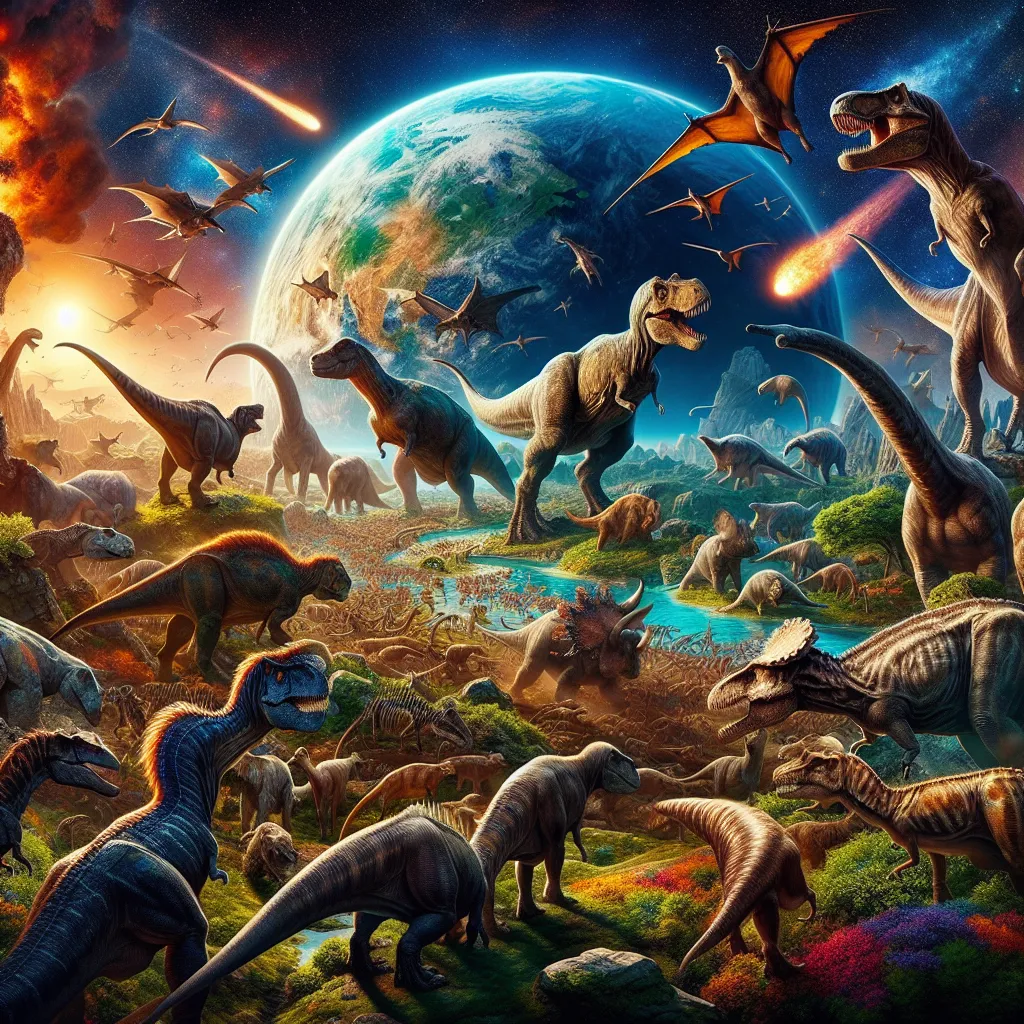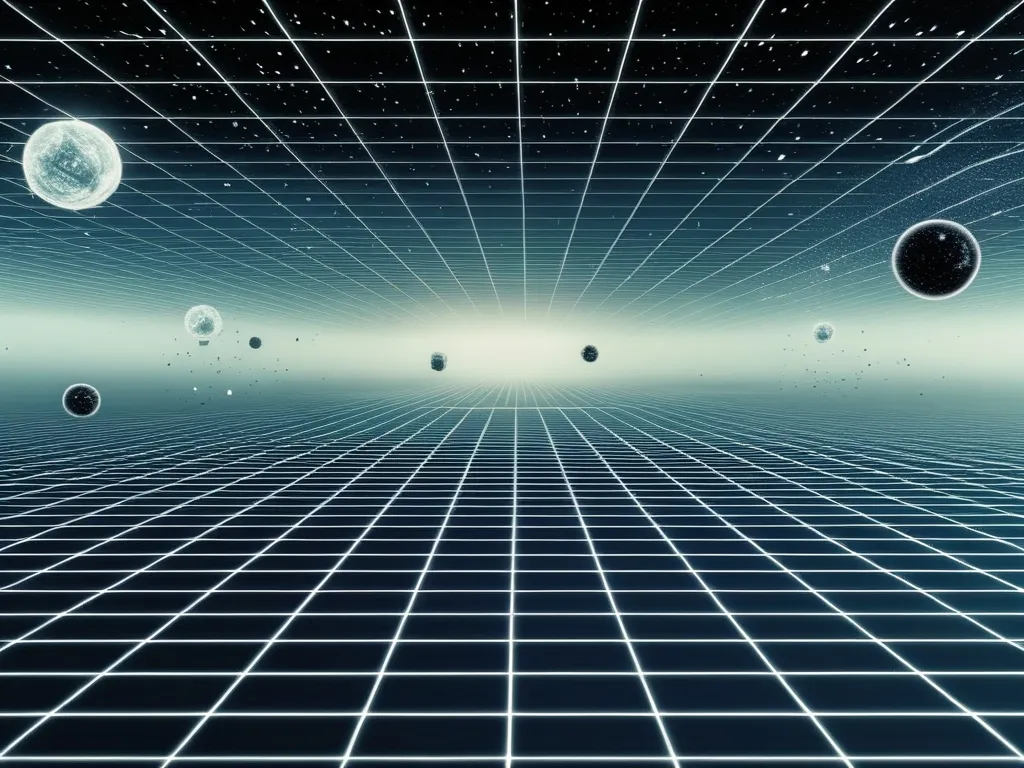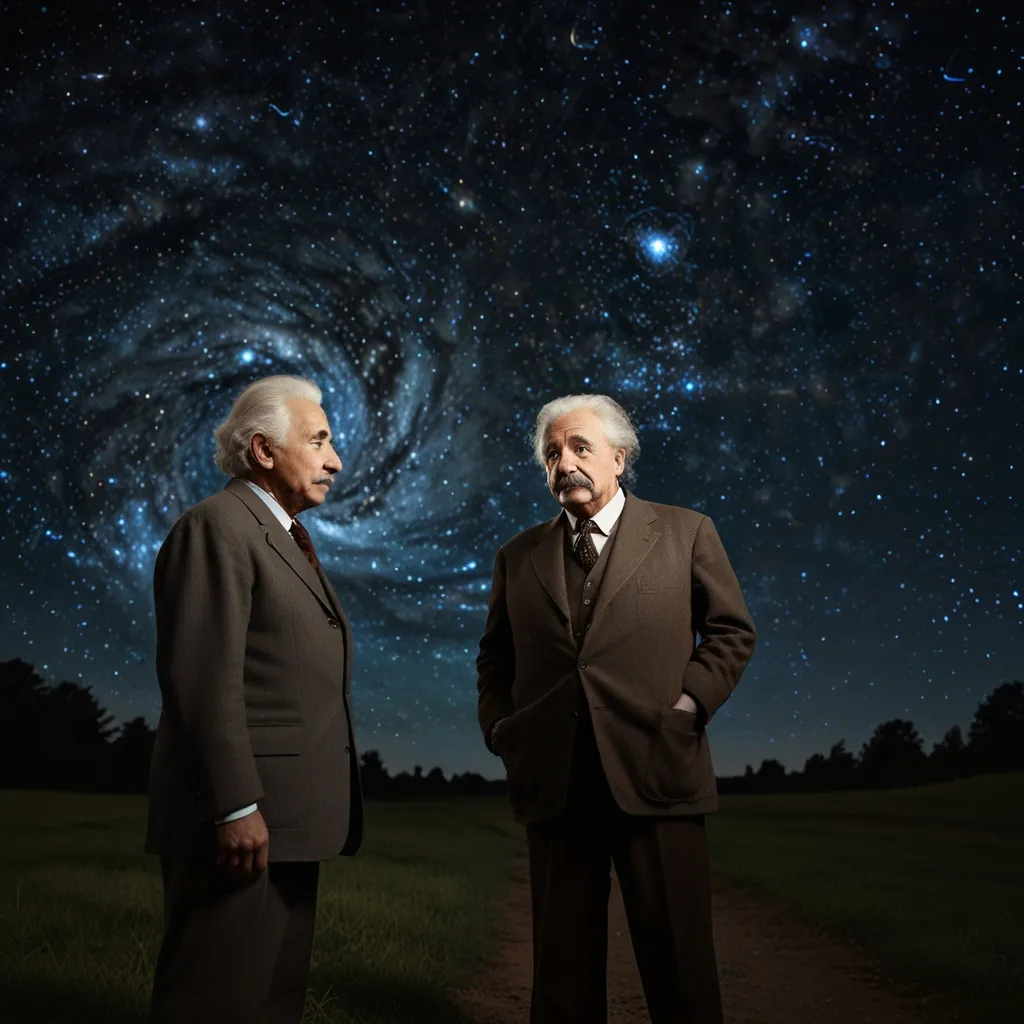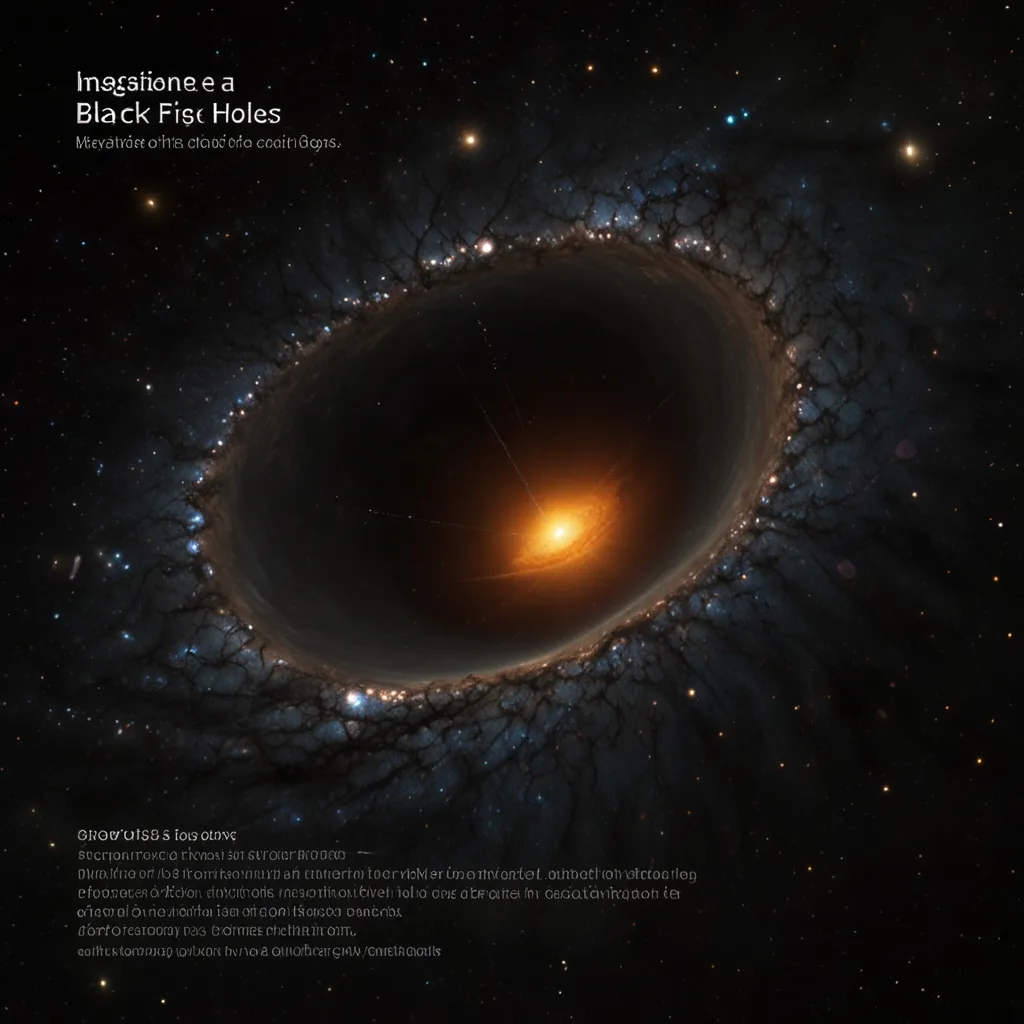One of the wildest illusions in life is the idea of continuity. The dinosaurs had been dominating the Earth for about 165 million years, enjoying their perfect world filled with lush forests and diverse ecosystems. It seemed like their reign would go on forever.
The world of dinosaurs was a paradise. Titanosaurs, the massive gentle giants, roamed alongside famous species like the Tyrannosaurus rex. Smaller creatures, such as Pectinodon, hunted in the undergrowth while Edmontosaurus strolled along coastlines and swamps. It was a time of incredible biodiversity.
But one day, about 66 million years ago, everything changed. It might have been a normal Tuesday, indistinguishable from any other day over millions of years. However, in the sky, a tiny dot appeared, slowly becoming a small moon-like shape. Eventually, this dot revealed itself as a massive asteroid hurtling towards Earth.
When the asteroid struck near the Yucatán Peninsula, it was cataclysmic. The impact unleashed energy equivalent to billions of nuclear bombs, vaporizing the asteroid instantly. A massive flash of light and heat scorched everything within a 1,500 km radius. The ground melted and flowed like liquid, forming a massive crater.
The violence of the strike triggered colossal earthquakes, volcanic eruptions, and sent shock waves around the globe. Tsunamis followed, towering as high as one kilometer, drowning coastlines thousands of kilometers away. Life on Earth was no longer what it had been just moments before.
The debris from the impact filled the sky, heating the atmosphere to extreme temperatures. This heat probably sparked wildfires that raged globally, burning for months. As the fires died down, a chilling darkness descended upon the Earth. Debris in the atmosphere blocked out sunlight, causing temperatures to plummet and leading to a “nuclear winter.”
The lack of sunlight devastated marine life, particularly plankton, which formed the foundation of the ocean’s food web. With the extinction of plankton, large marine reptiles and ammonites also vanished. The Earth’s biosphere became an alien, hostile landscape. It was the end of the dinosaurs’ era, with about 75% of all species going extinct.
Yet, from this devastation, new life emerged. Birds, the direct descendants of dinosaurs, and small mammals began to thrive in this transformed world. Without the asteroid, mammals and eventually humans might not have risen to dominance.
Today, humans have only been around for a fraction of the time that dinosaurs roamed the Earth. We’ve achieved extraordinary feats in a short time, but our future is not guaranteed. Unlike dinosaurs, we understand the fragility of our continuity and can prepare to safeguard it.
In essence, the story of the dinosaurs’ end is a stark reminder of life’s unpredictability. Our continuity is an illusion, one that can be shattered at any moment. Yet, with knowledge and vigilance, we can hope for a long journey ahead.






